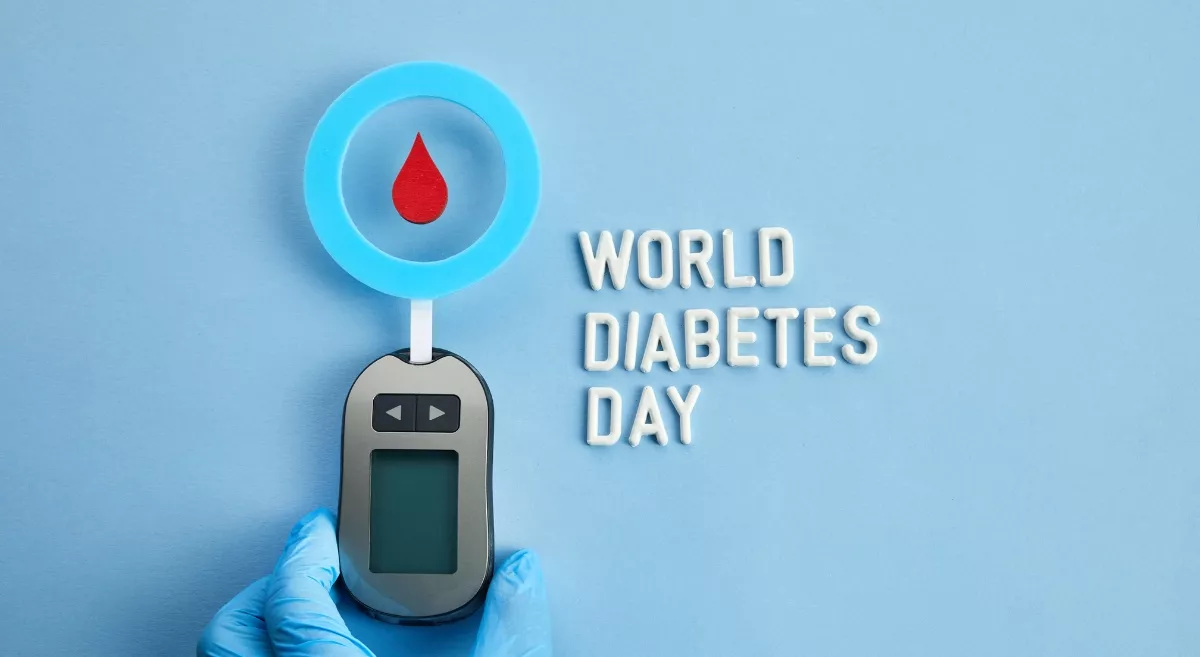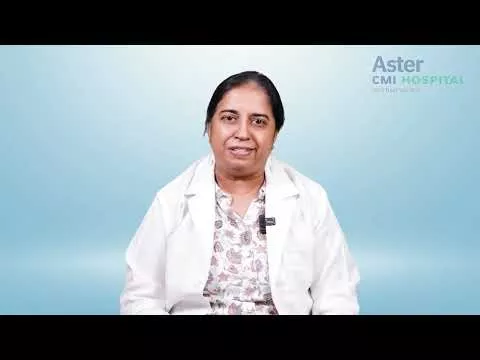Cancer to a large extent is avoidable. Many cancers can be prevented and others can be detected early in their development, treated and cured. Even with late stage cancer, the pain can be reduced, the progression of the cancer slowed, and the patients and their families helped to cope. With clinical advancements and technological breakthroughs at the best cancer hospital in India, cancer has become easier to detect, diagnose and treat
Yet cancer is one of the top causes of death globally, mostly owing to lack of awareness, unhealthy lifestyle habits and the fear of facing cancer.
All cancers are not the same
Cancer is organ-specific and each type of cancer should be talked about and approached differently.
One of the critical causes of missing out on cancer symptoms and early detection is usually due to incorrect diagnosis. Most people approach generalist doctors when they have symptoms, but by then it may be too late for a cure.
Our specialists look at cancer from every possible perspective. Cancer is a complex and multi-layered disease. While cancer may affect a particular organ, it may have an impact on multiple organs, so cancer needs to be treated both specifically and holistically.
At Aster Medcity, we rely on an integrated, multidisciplinary treatment methodology. A team of specialists work together to look at cancer from every perspective before finalising a treatment plan. A customised treatment plan is created after consultation with the patient and his family.
In addition to clinical methodologies including medicines, chemotherapy, radiation and immunotherapy, the team also provides extended support including
physiological and psychological therapies which will help patients and family cope with day to day life in a better manner. We believe in targeted therapies and personalised treatment.
Minimally invasive strategy
Because we understand the side effects of various drugs and procedures, we adopt minimally invasive treatment plans and techniques integrating the latest clinical advancements at Aster Medcity. Advanced procedures such as nuclear medicine, robotic surgery, screening and imaging techniques are used effectively to maximize clinical outcome and minimize the stress on the patients and families.
World Cancer Day aims to save millions of preventable deaths each year by raising awareness and education about cancer, and pressing governments and individuals across the world to take action against the disease.
The most difficult part of addressing cancer and it's problems, is to first dispel the fears and myths
surrounding cancer. With the advancement of scientific technologies and medical research in cancer studies, we have the ability to treat and cure cancer even quicker than before while preserving the affected organs to
ensure a healthy life for the patient.
Awareness of these advancements in cancer treatment is key. So on the occasion of this World Cancer Day, let's make it a personal goal to learn one fact about cancer and educate five loved ones about the same.
FREQUENTLY ASKED QUESTIONS
How common is cancer?
According to the World Cancer Report - 2018 by WHO, 1 in 10 Indians will develop cancer during their lifetime, and 1 in 15 will die from the disease. So it's important to get diagnosed at the earliest if you feel that you have any symptoms
What causes cancer?
We don't know the exact cause of most cases of cancer. Many factors contribute to the growth of cancer cells in our body. Carcinogens such as inhaled asbestos, certain dioxins and tobacco smoke have been linked to specific types of cancer. Other risk factors include ageing, radiation exposure, excessive sunlight exposure, chemical exposure, genetic history, diseases like diabetes etc.
How many types of cancer are there?
There are more than a hundred types of cancers and any part of our body can be affected by it. This is why it's important to get the right diagnosis by a team of multi-disciplinary experts.
Does getting a biopsy make cancer spread?
No. When a tumor needs to be removed or tested, the process will not cause the cancer to grow. However, having it removed or tested is an important part of the treatment process.
Is chemotherapy bad for you?
While negative side effects were common when
chemotherapy was first introduced, medical advancement in recent decades has helped to lower the risk of harmful effects.





